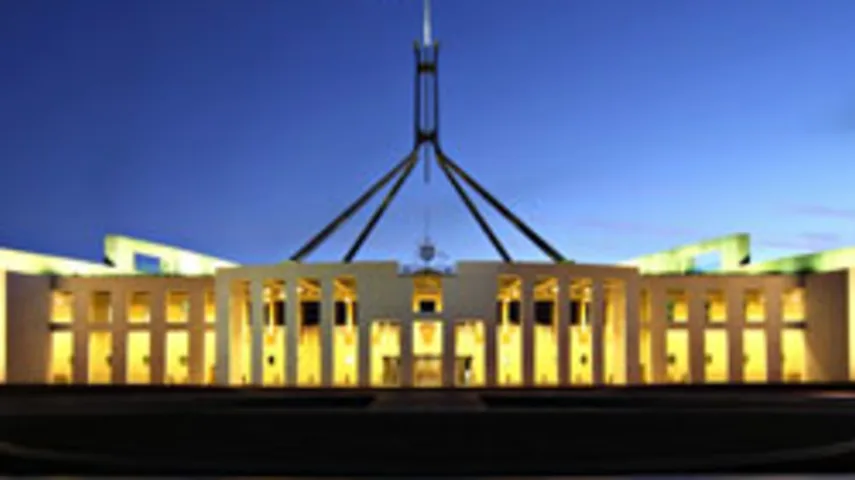Parliamentary Committee examine further super changes



The consolidation of superannuation accounts and the Government's move to narrow the accessibility of the superannuation co-contributions regime will be subject of discussion at a Parliamentary Committee in Canberra this week.
A range of industry organisations including the Association of Superannuation Funds of Australia (ASFA) and the Australian Institute of Superannuation Trustees will present evidence to the House Economics Committee during the hearings.
The process of consolidation of multiple superannuation accounts within a single fund and whether trustees should be responsible for consolidating multiple accounts will be a critical issue examined by the committee.
It will also hear evidence around the Government's proposed reforms to the superannuation co-contribution regime for low income earners, including reducing the rate of co-contribution from 100 to 50 per cent, and reducing the higher income threshold from $30,000 to $15,000 above the lower income threshold.
The consideration of these super changes, some of which have flowed on from the 2012 budget, has been announced just days after the Government's latest policy announcements around super ahead of the May Budget.
Recommended for you
The super fund has launched Retirement Manager, a digital advice tool helping members plan income, spending, and retirement confidence with integrated support.
APRA has warned retail super trustees that financial adviser involvement in recommending platform products does not diminish their obligations, as regulators turned the spotlight on the Shield Master Fund and First Guardian Master Fund during a meeting with fund CEOs.
AMP’s chief economist has unveiled a wish list for the Australian government’s Economic Reform Roundtable.
Australian retirees could increase their projected annual incomes between 3 and 51 per cent by incorporating personal and household data into their retirement income strategies, according to new research.










